| V I S U A L I Z Z A D I S C U S S I O N E |
| ik3iul |
Inserito il - 30/09/2017 : 09:48:28
PLOT MUF NCDXF
NB: In ordinata(verticale) le FREQ:3.5 7 10 14 18 21 24 28 MHZ.
IN ascissa (orizzontale) le ORE UTC.
INFO SOLAR 2 OTTOBRE 2017
SSN: 34 EFFETTIVE: 14 SOLAR FLUX:86 Kp=2
XRAY A=9.0 PROTONS= 1.4 E-1
G0=NO geomagnetic STORM === NO Solar Radiation ==No Radio Blackouts.
Analysis of Solar Active Regions and Activity from 30/2100Z to
01/2100Z: Solar activity has been at very low levels for the past 24
hours. There are currently 3 numbered sunspot regions on the disk.
IB. Solar Activity Forecast: Solar activity is expected to be very low
with a chance for C-class flares on days one, two, and three (02 Oct, 03
Oct, 04 Oct).
SB PROP @ ARL $ARLP039
ARLP039 Propagation de K7RA
ZCZC AP39
QST de W1AW
Propagation Forecast Bulletin 39 ARLP039
>From Tad Cook, K7RA
Seattle, WA September 29, 2017
To all radio amateurs
SB PROP ARL ARLP039
ARLP039 Propagation de K7RA
The past week was a good one for HF propagation. Average daily
sunspot numbers doubled from the previous week, rising from 13.6 to
27, while average daily solar flux rose from 72.6 to 84.3. Average
daily geomagnetic numbers were lower, with average planetary A index
declining from 21.1 to 9.9 and average daily mid-latitude A index
from 17.1 to 7.6.
Last Friday was the autumnal equinox, so we should see a seasonal
improvement in HF conditions.
Predicted solar flux is 91 on September 29 to October 1, 89 on
October 2 to 5, 90 on October 6 and 7, then 85, 76, 75, 74 and 73 on
October 8 to 12, 72 on October 13 to 15, then 71, 74, 73, 78, 80, 87
and 90 on October 16 to 22, 95 on October 23 to November 2, then 90,
85, 76, 75, 74 and 73 on November 3 to 8 and 72 on November 9 to 11.
Predicted planetary A index is 28, 18, 14, 12 and 8 on September 29
to October 3, 5 on October 4 to 10, 25 on October 11 to 13, then 20
and 15 on October 14 and 15, 8 on October 16 and 17, 5 on October 18
to 21, then 16, 8, 20, 25, 20, 10 and 8 on October 22 to 28, 5 on
October 29 through November 6, 25 on November 7 to 9, then 20, 15
and 8 on November 10 to 12.
"Geomagnetic activity forecast for the period September 29 to
October 25, 2017 from OK1HH.
Geomagnetic field will be:
Quiet on October 6, 23
Mostly quiet on October 5
Quiet to unsettled October 3, 10, 16 to 21
Quiet to active on September 29 and 30, October 2, 4, 7 and 8, 11,
14 and 15, 22, 24
Active to disturbed on October 1, 9, 12 and 13, 25
Increases of solar wind, mostly from coronal holes, are expected on
September 29 (-30), October (1, 3, 6,) 11 to 16, (17 and 18, 21 and
22, 24,) 25
:Product: Report of Solar-Geophysical Activity
:Issued: 2017 Oct 01 2200 UTC
# Prepared jointly by the U.S. Dept. of Commerce, NOAA,
# Space Weather Prediction Center and the U.S. Air Force.
#
Joint USAF/NOAA Solar Geophysical Activity Report and Forecast
SDF Number 274 Issued at 2200Z on 01 Oct 2017
IA. Analysis of Solar Active Regions and Activity from 30/2100Z to
01/2100Z: Solar activity has been at very low levels for the past 24
hours. There are currently 3 numbered sunspot regions on the disk.
IB. Solar Activity Forecast: Solar activity is expected to be very low
with a chance for C-class flares on days one, two, and three (02 Oct, 03
Oct, 04 Oct).
IIA. Geophysical Activity Summary 30/2100Z to 01/2100Z: The geomagnetic
field has been at quiet to unsettled levels for the past 24 hours. Solar
wind speed reached a peak of 513 km/s at 30/2104Z. Total IMF reached 5
nT at 01/0529Z. The maximum southward component of Bz reached -5 nT at
01/0529Z. Electrons greater than 2 MeV at geosynchronous orbit reached a
peak level of 14651 pfu.
IIB. Geophysical Activity Forecast: The geomagnetic field is expected
to be at quiet to unsettled levels on day one (02 Oct) and quiet levels
on days two and three (03 Oct, 04 Oct).
III. Event probabilities 02 Oct-04 Oct
Class M 01/01/01
Class X 01/01/01
Proton 01/01/01
PCAF green
IV. Penticton 10.7 cm Flux
Observed 01 Oct 086
Predicted 02 Oct-04 Oct 086/086/084
90 Day Mean 01 Oct 083
V. Geomagnetic A Indices
Observed Afr/Ap 30 Sep 011/016
Estimated Afr/Ap 01 Oct 009/011
Predicted Afr/Ap 02 Oct-04 Oct 008/008-005/005-005/005
VI. Geomagnetic Activity Probabilities 02 Oct-04 Oct
A. Middle Latitudes
Active 15/10/10
Minor Storm 01/01/01
Major-severe storm 01/01/01
B. High Latitudes
Active 15/15/15
Minor Storm 25/15/15
Major-severe storm 20/10/10
JA2IGY SHORT PATH
ORARIO FROM 0 UTC TO 24 H.
Immagine:
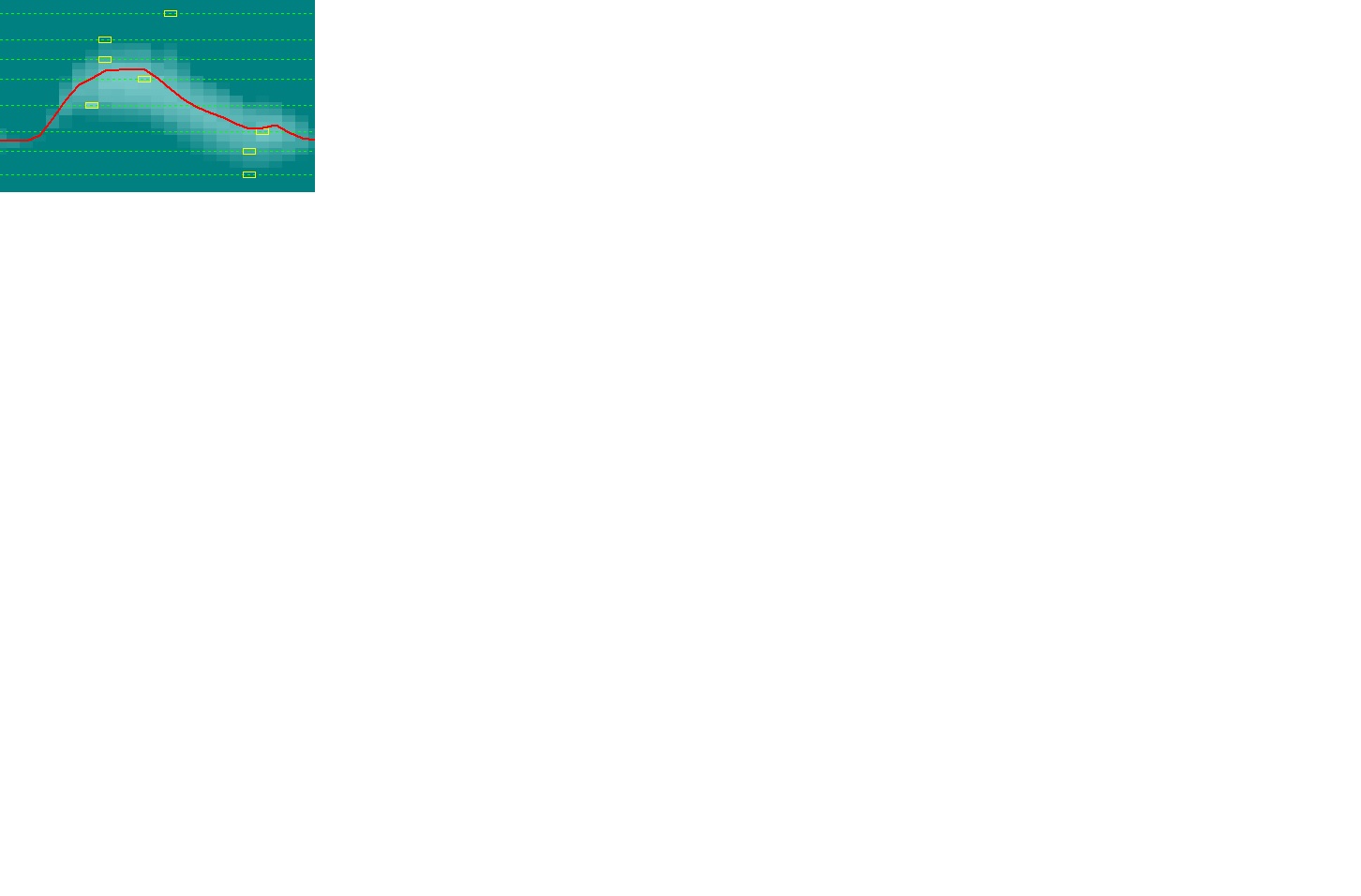
46,03áKB
ZL6B SHORT PATH
Immagine:
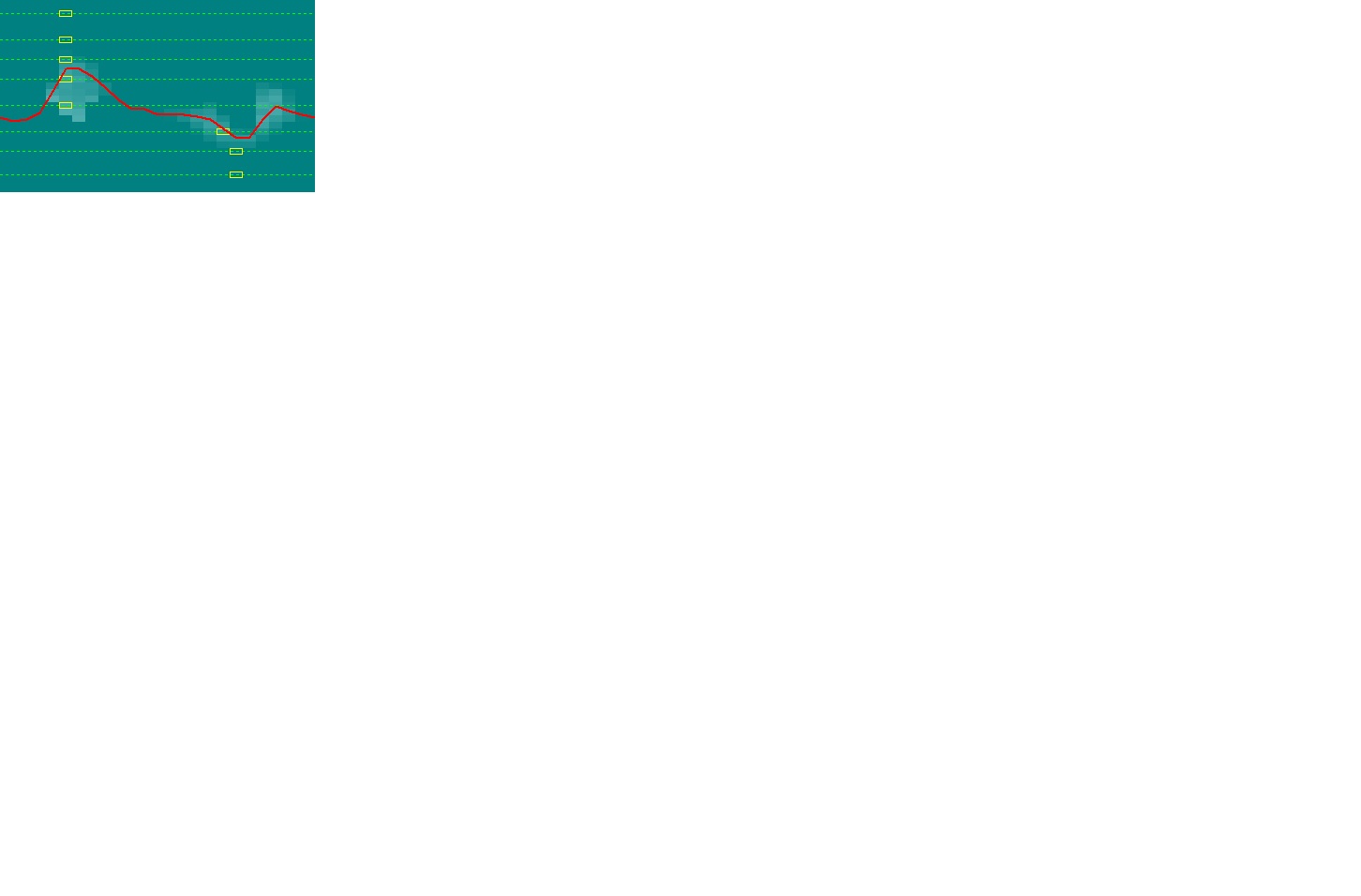
44,55áKB
ZS6DN SHORT PATH
Immagine:
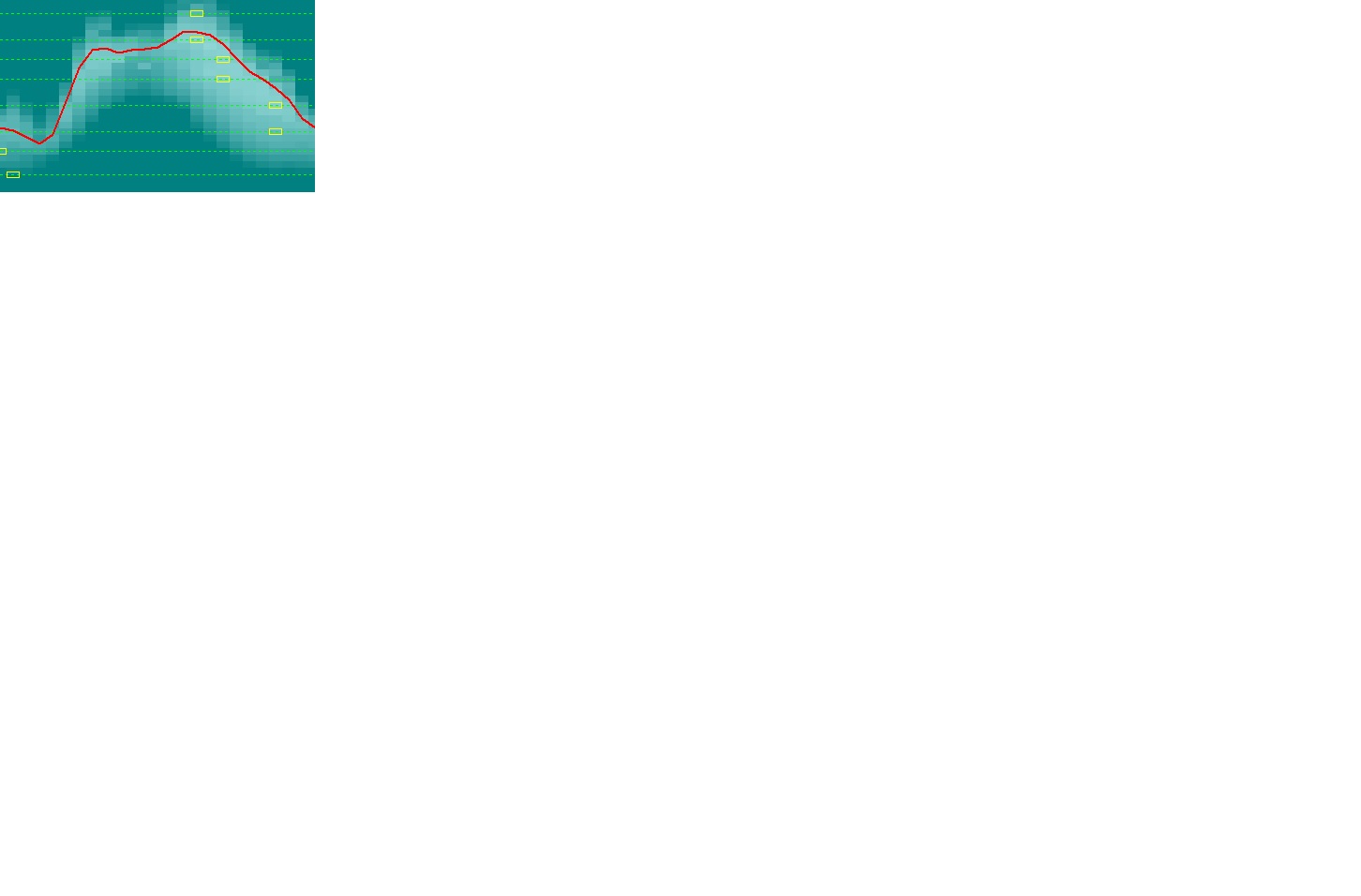
47,91áKB
Immagine:
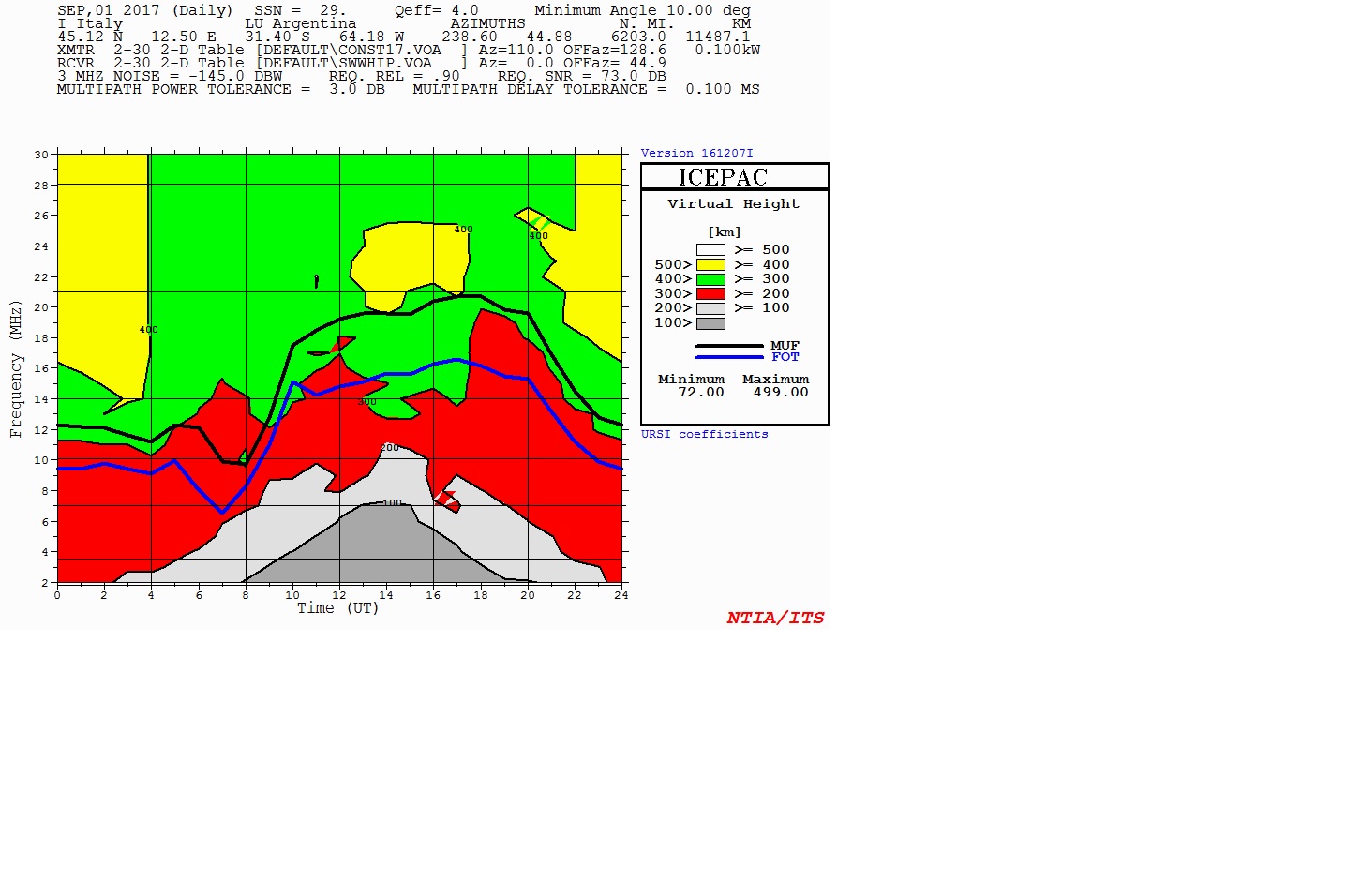
213,56áKB
LU4AA GRAY LINE
[
Immagine:

206,55áKB
VE8AT SHORT PATH
Immagine:
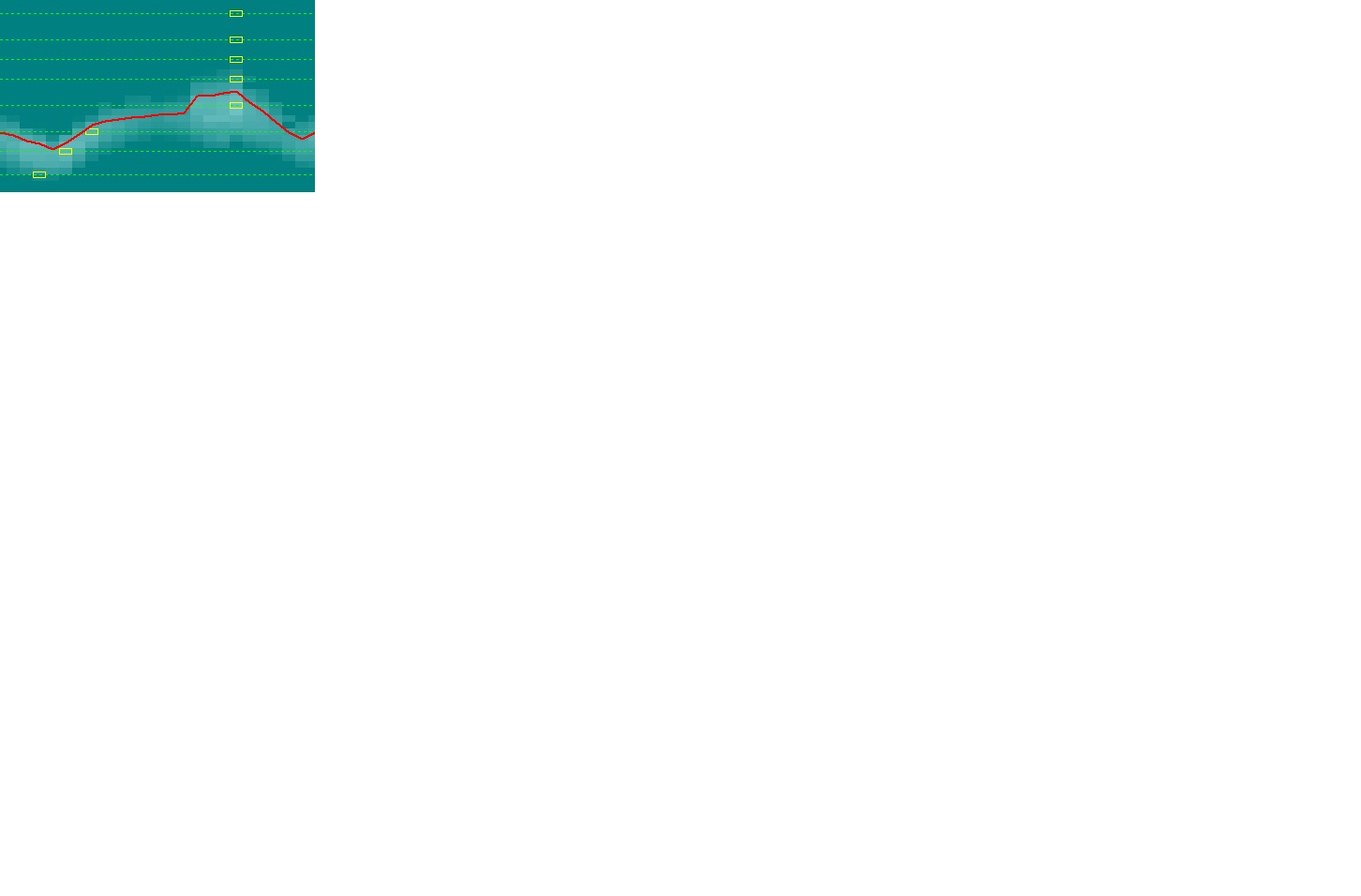
45,77áKB
YV5B SHORT PATH
Immagine:
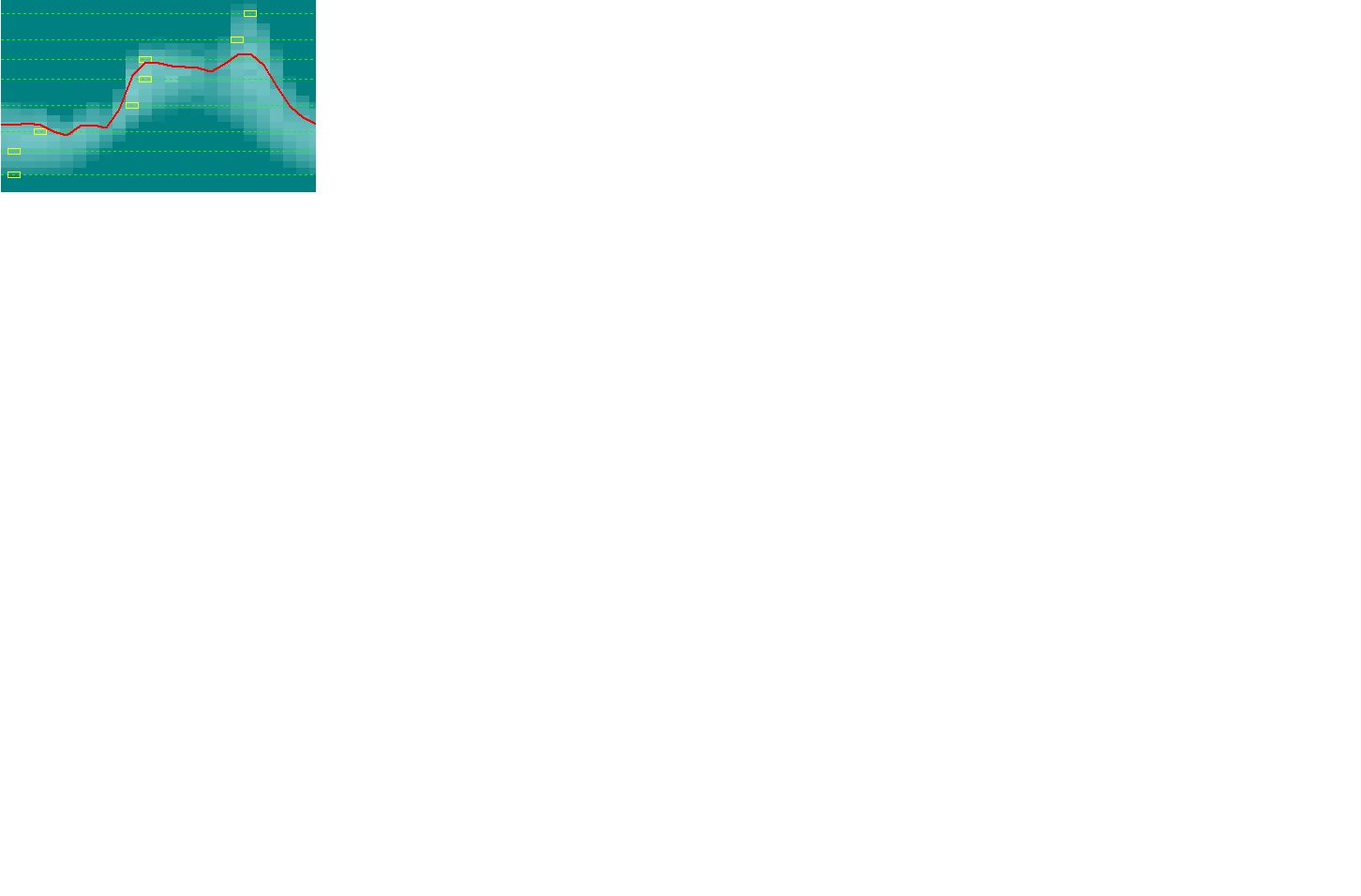
47,76áKB
W6WX SHORT PATH
Immagine:
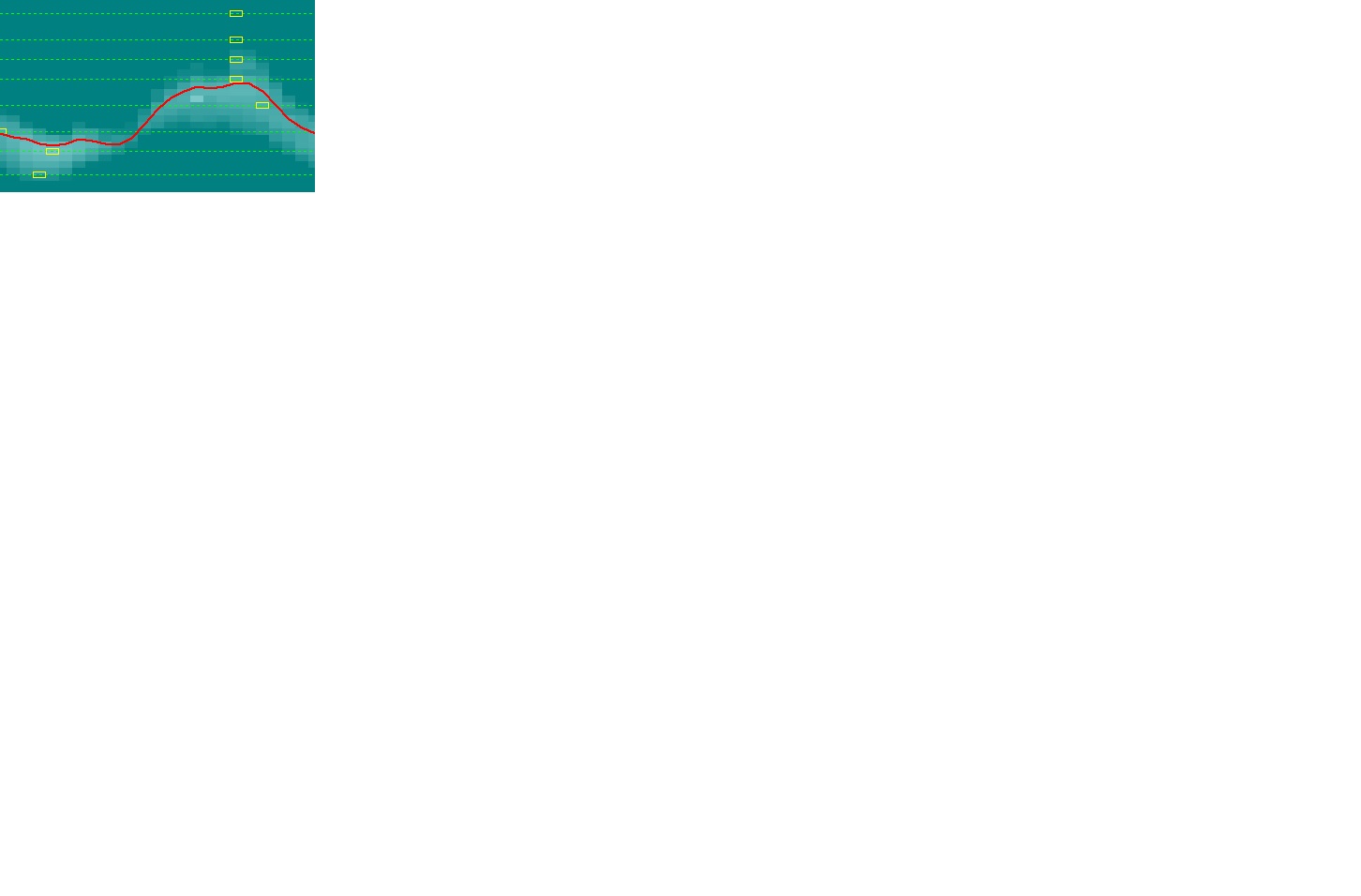
45,68áKB
KH6RS SHORT PATH
Immagine:
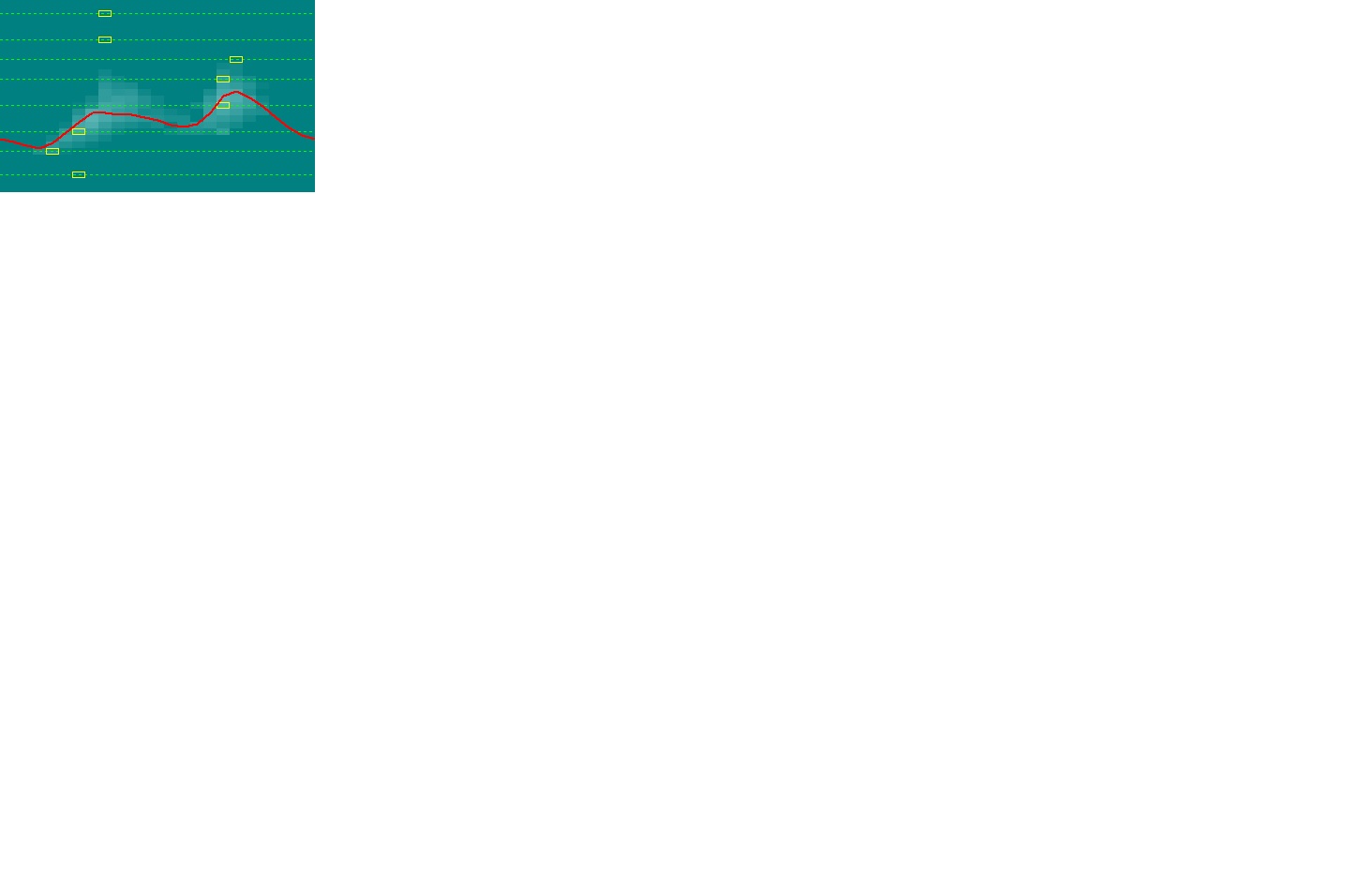
44,64áKB
[5Z4B SHORT PATH
Immagine:
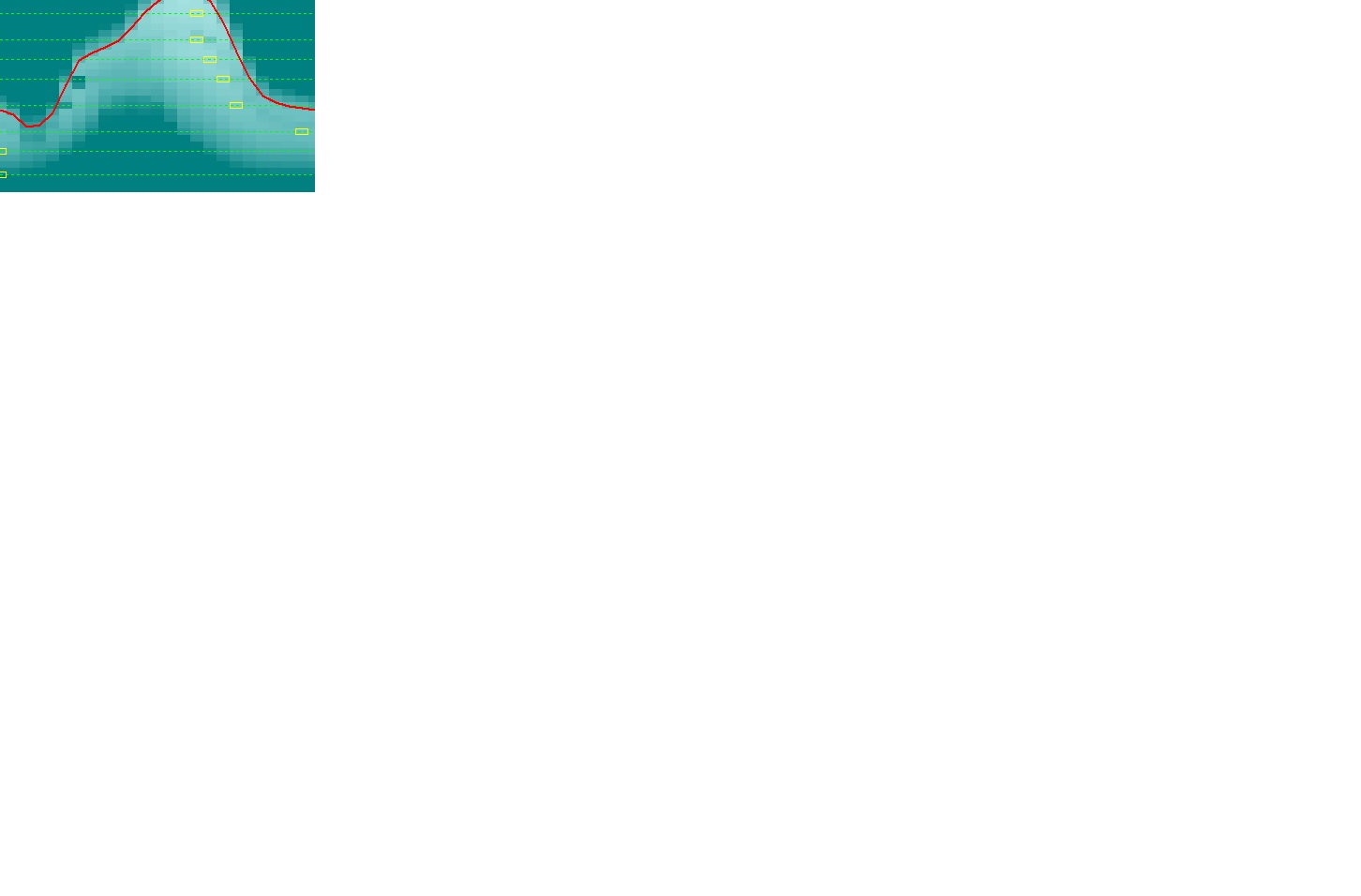
47,12áKB
RR9O SHORT PATH
Immagine:
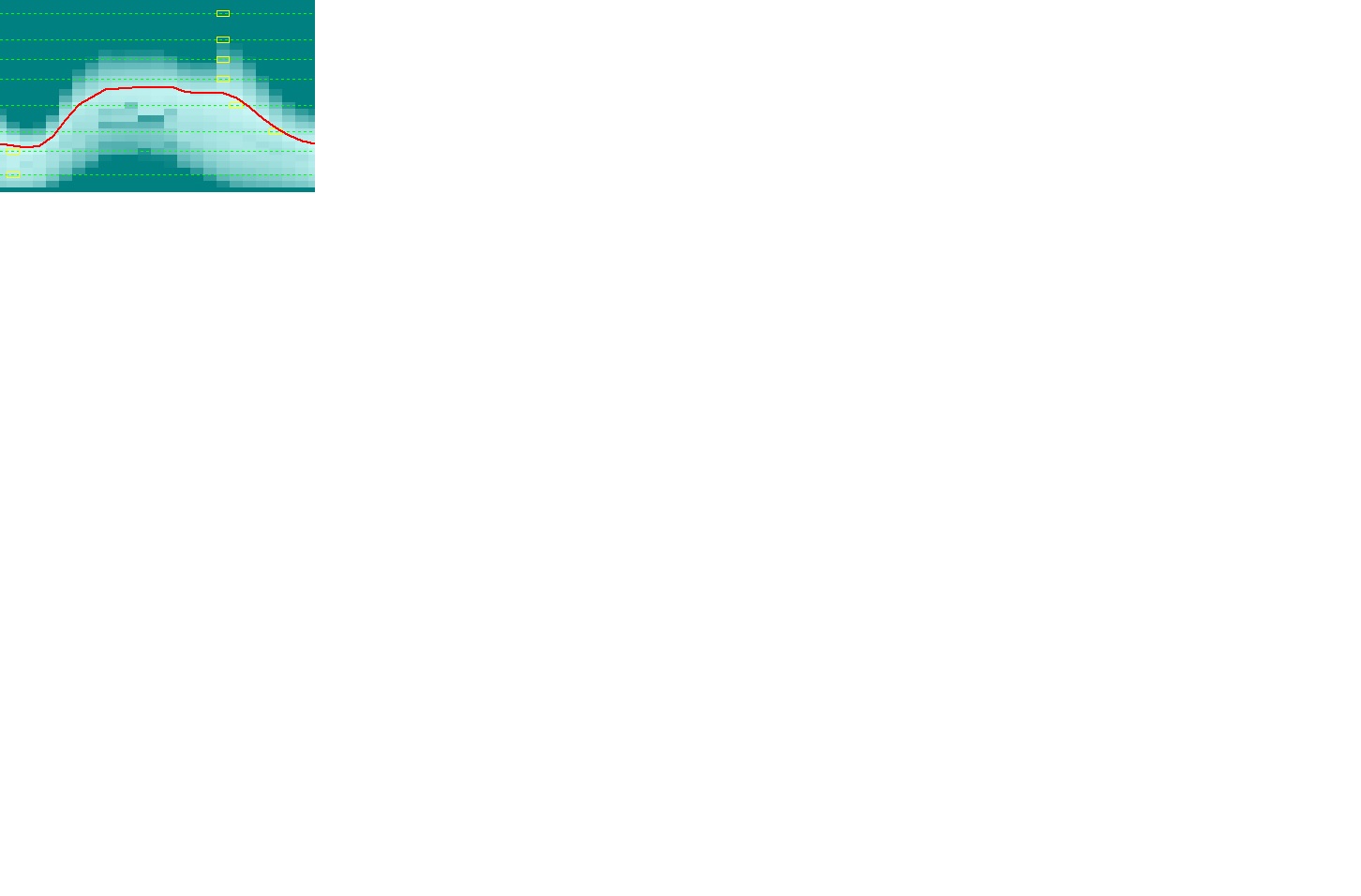
49,2áKB
4X6TU
Immagine:
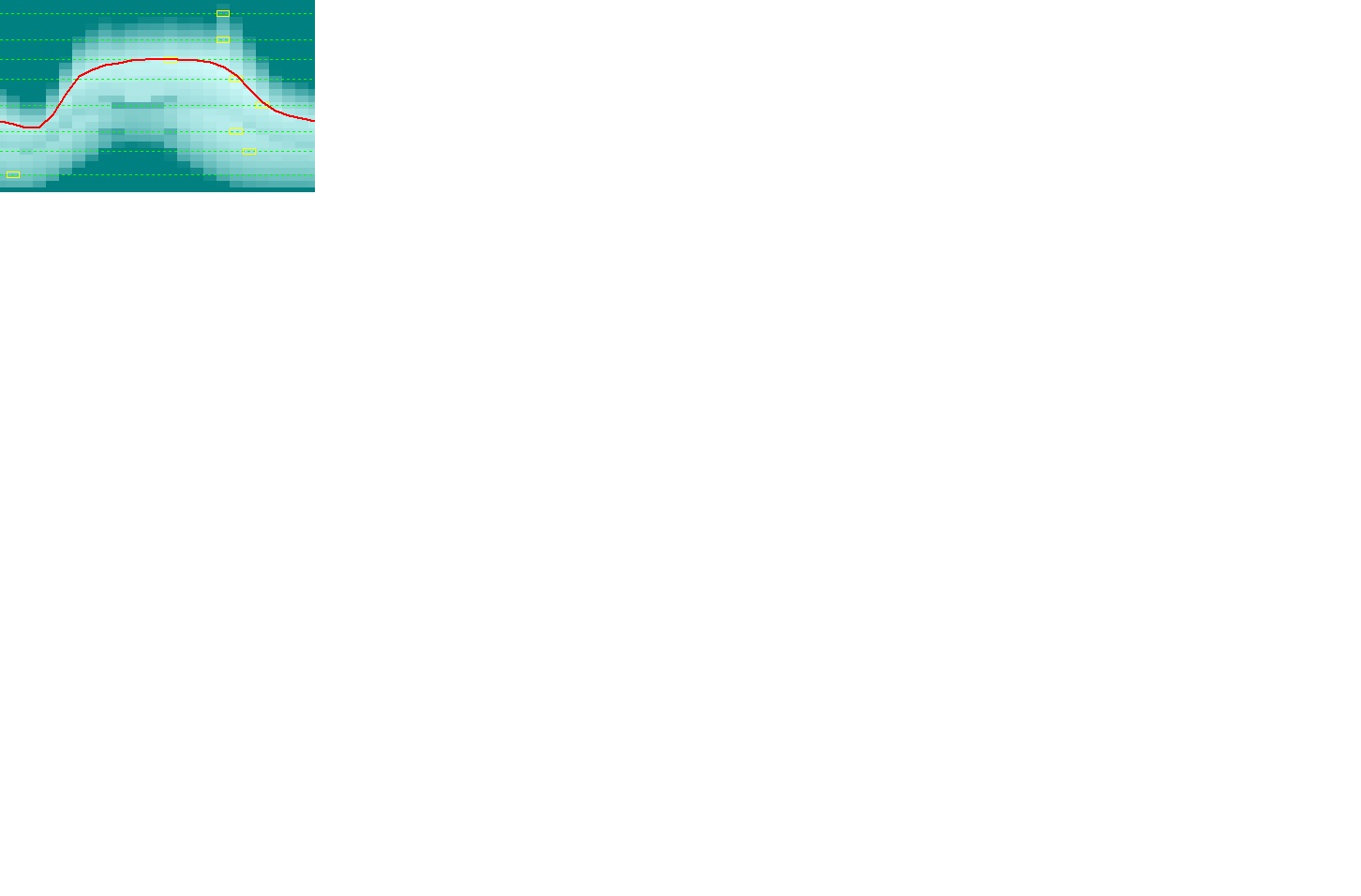
49,98áKB
SOFTWARE HAM CAP E IONCAP(MOTORE) con DATI ONLINE ATTINTI DA IONOPROBE.
OGGI 30 SETTEMBRE 2017.
MI RISERVO AGGIORNAMENTI PRE PARTENZA I. I. 3. J. TEAM SU ISOLA BARBANA.
MNY 73 de ik3iul
KH6 LONG PATH
Immagine:

44,6áKB
VK6RB SHORT PATH IONCAP....in dbm
Immagine:
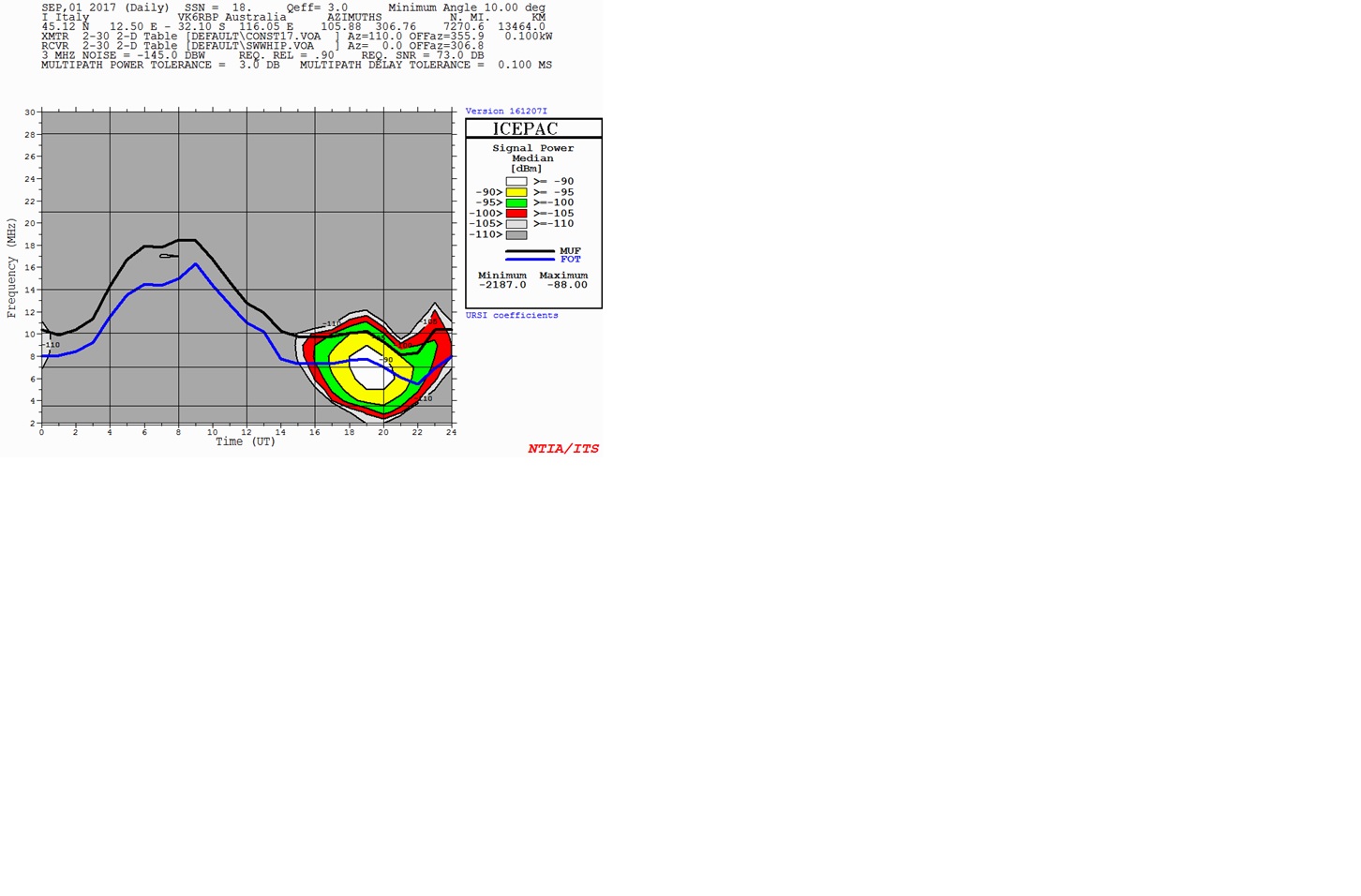
120,13áKB
GOOD ONE FOR ARI VERONA DX TEAM I.I.3.J IOTA DXPED IN BARBANA ISL.
STOP
Immagine:
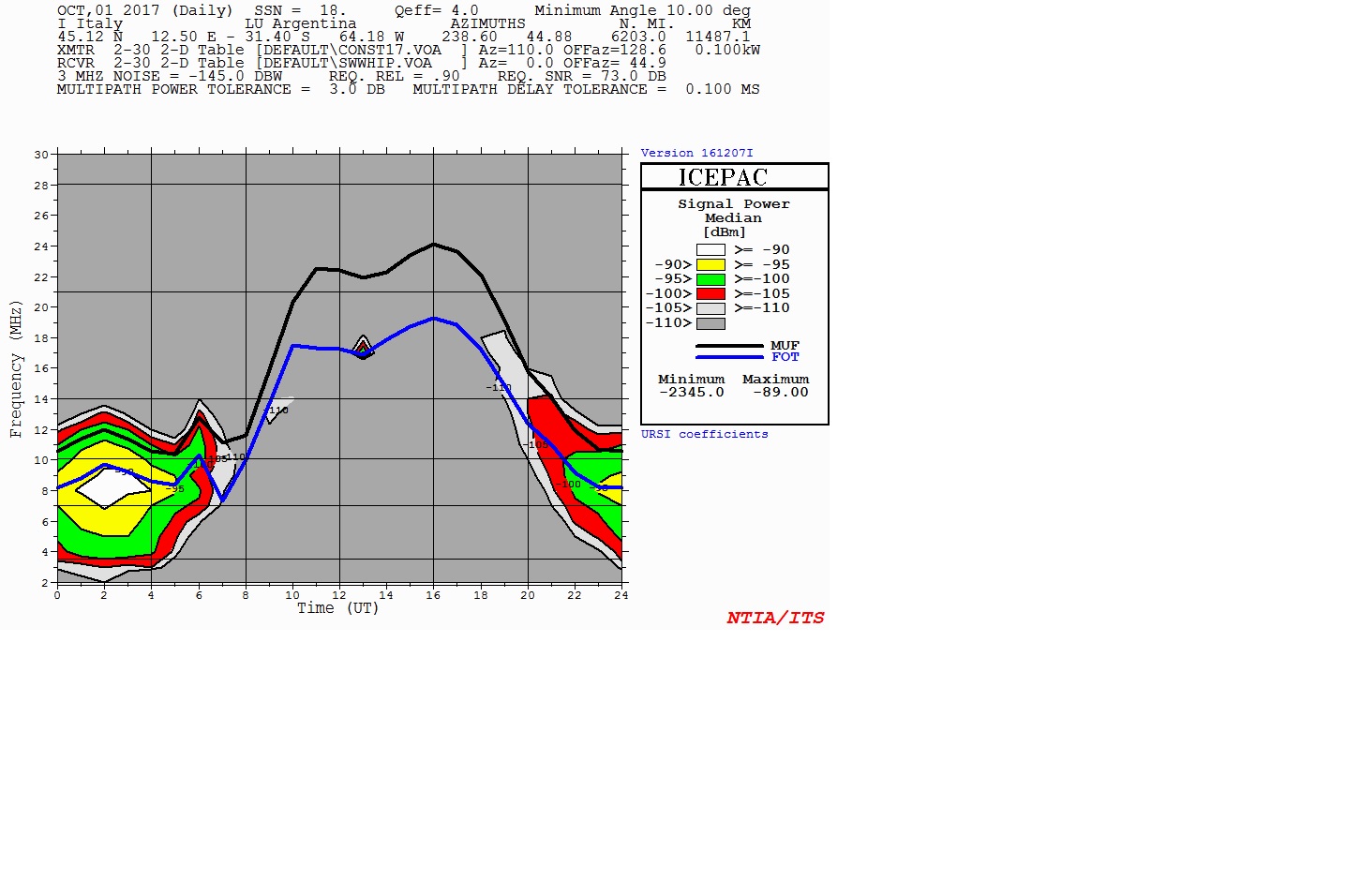
199,19áKB |
| 5 U L T I M E R I S P O S T E (in alto le pi¨ recenti) |
| ik3iul |
Inserito il - 01/10/2017 : 20:37:35
http://www.ncdxf.org/beacon/index.html
LU4AA
The beacon hasn't been heard for a while. We are contacting the operator. If you hear the beacon back on, please report it to us.
INFO NCDXF:
Per molto tempo il beacon LU4AA non Ŕ stato ricevuto.Stiamo contattando gli operatori.
Se verifichi ascolto del beacon LU4AA prego informarci.
Infatti LU4AA Ŕ asteriscato(6).
Da tempo non risponde certamente non a causa della propagazione.
Un dubbio ho anche per OA4B.
Ho contattato "The International Beacon Project" by mail per riscontro.
Forse attendono qualche dollaro dagli sponsor della DXPED 3Y0Z
per fare manutenzione ai beacon.....
NCDXF Announces Major Grant To 3YěZ Bouvet Island DXpedition.
Tutto il mondo Ŕ paese.
FAROS
Immagine:
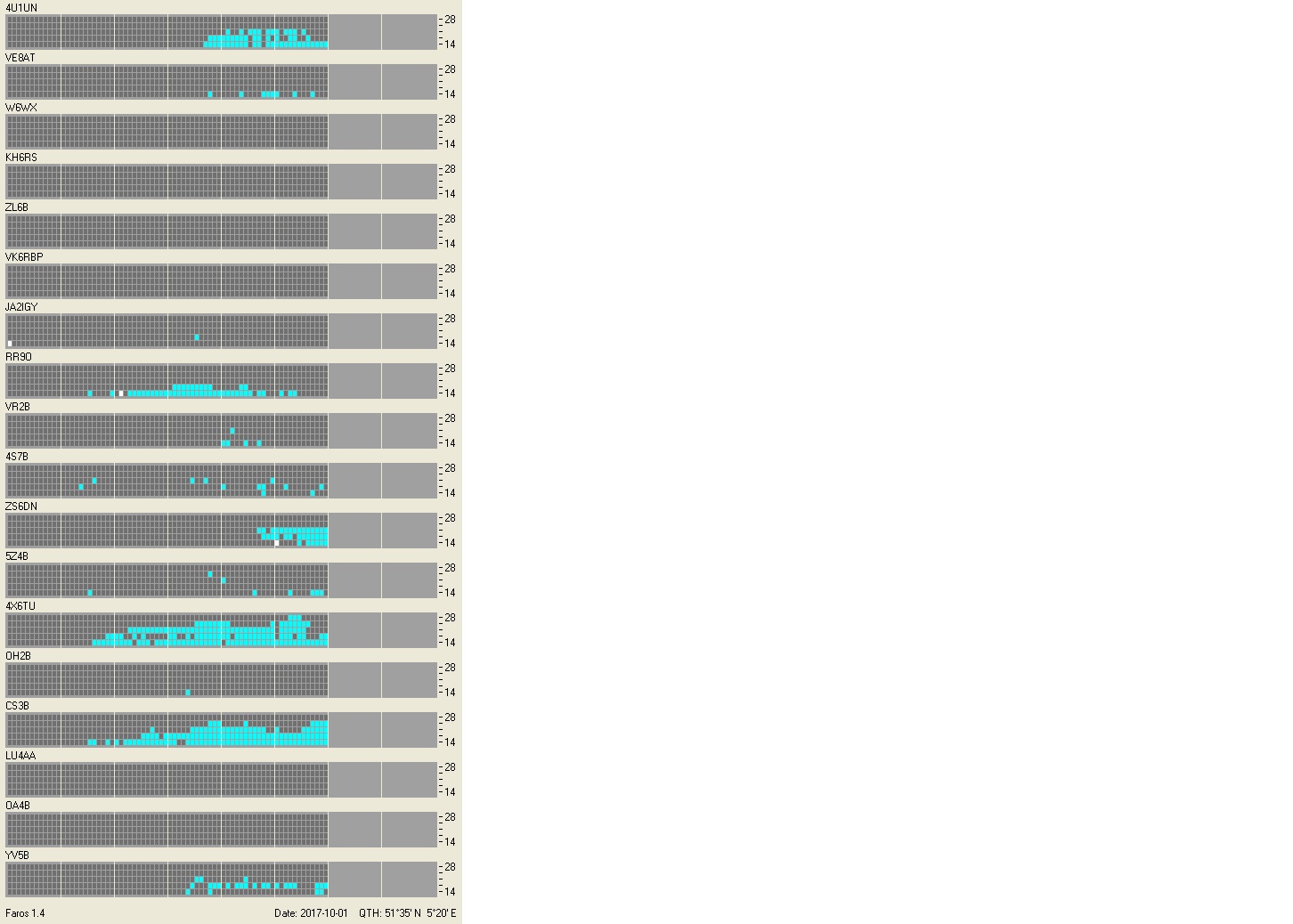
206,8áKB
Immagine:

7,63áKB
WHERE DO YOU GO NEXT?
I.I.3.J BARBANA ISLAND
FOTO RICORDO DEI BEI TEMPI TRASCORSI
RIG: TS 940 e ANT: PKW 2 EL YAGI
Immagine:

90,42áKB
Immagine:
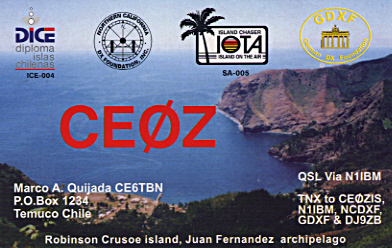
110,35áKB
Immagine:
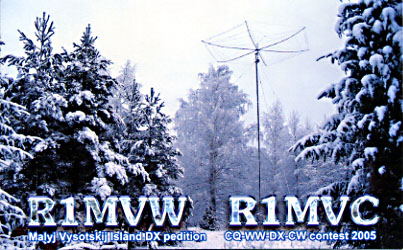
84,92áKB
Immagine:
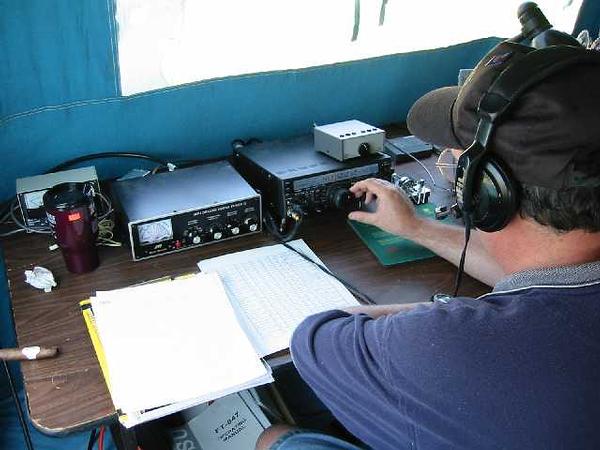
43,98áKB[/size=1
IMBARCADA ISL.
Immagine:

94,09áKB
THE BEST DXPED
Immagine:

58,16áKB
Immagine:

[size=1] 58,3áKB
GOOD ONE FOR ARI VERONA DX TEAM I.I.3.J IOTA DXPED IN BARBANA ISL.
STOP
|
| ik3avm |
Inserito il - 01/10/2017 : 18:15:28
Monitorati a lungo oggi pomeriggio i beacons su tutte le cinque frequenze, dai 14 ai 28.
Esito completamente negativo.
Gli unici ascoltabili (in 14 e 18) erano i soliti 4X4, CS3 e debolissimo 4U1.
Segnali zero per LU4, mentre arrivavano parecchie stazioni SA in 24 ma difficilmente collegabili.
Teniamo presente comunque il guadagno delle antenne, che viene invece depennato per l'antennina del beacon, ma il test rimane fondamentale per pensare un collegamento ragionevole.
Zero (o tracce infinitesime) per ZS6 e 5Z4, contrariamente alle aspettative dei grafici.
Cerca di fare correlazioni costanti tra le previsioni e l'ascolto NCDXF e vedrai quante sorprese!
Bye, Alberto
|
| ik3iul |
Inserito il - 01/10/2017 : 17:07:14
Controverifica ore 14.00 UTC
Tratta ii3j to LU4AA
http://www.sws.bom.gov.au/HF_Systems/6/5
FOF2 azzurro grigio blu ------> FoF2= 6 7 8
FoF2 Minore = 6 moltiplicato M.factor(3.5) vale 21.
Lo ionogramma ore 14.00 MUF=24.
Non ho ascoltato il beacon NCDXF a 21.150
Ma ho la risposta del cluster https://www.dxfuncluster.com/
DX de:
VP8LP spotter G0HDB
CX7SS " EA3HDZ
V26K " UX1BZ
ZS1X " SV2CLJ
Ti5/N3KS " RU7KQ
LU1YT " OK2DIK qrg 21014
Le ionosonde sono importanti e il SW ICECAP funziona correttamente
se dispone nel calcolo dei valori F0F2 giornalieri di riferimento.
Con IONOPROBE si autoaggiorna con la funzione di precomputerizzazione
da eseguire prima della elaborazione dei grafici.
Come previsione affidabile credo sia il meglio che ho trovato.
Ciao a presto
Silverio
|
| ik3iul |
Inserito il - 01/10/2017 : 09:31:58
Ciao Alberto,
grazie per le precisazioni che condivido pienamente.
Oggi 01 OTT. ore 07.00UTC ho voluto verificare sul grafico che ho proposto
i valori di MUF relativi a LU4AA.
IL grafico indica chiaramente il valore 14 MHZ e http://www.sws.bom.gov.au/HF_Systems/6/5
indica i colori MARRON/VERDE SCURO lungo la tratta IK3-LU4.
FoF2 da 3 a 4 corrisponde a valori di MUF compresi tra 10 e 13 MHZ.
Lo ionogramma che ho proposto indica 14 MHZ.
Come valori di previsione siamo vicini alla realtÓ.
I dati che ho immesso ieri e trasferiti da IONPROBE al SW si discostano
dai valori dei gg precedenti essendo la PROP in RIPRESA(relativa) con SF salito a 90 e Kp molto basso.
La tempesta sembra passata e le previsioni in netto rialzo.
38 SSN oggi e 21 EFFETTIVE dicono molto.
Poi G0 S0 R0 danno valore alla RIPRESA.
In SETT. SSN EFFETTIVE erano meno di 10 e il SW ne tiene conto.
Certo sono previsioni e tutto in breve potrebbe cambiare.
Facciamo ascolto dei beacon NCDXF per verificare.
Un salutone e a presto.
Silverio ik3iul
....ora ho IL THD-7E con il DX CLUSTER che mi aggiorna.
|
| ik3avm |
Inserito il - 30/09/2017 : 23:37:42
Ciao Silverio,
visto il vuoto demoralizzante attorno ai tuoi volonterosi ed encomiabili post sulla propagazione, scrivo due parole per incoraggiarti alla loro prosecuzione... ma per stimolare un po' di discussione mi sento di ripetere anche in questa sede quello di cui spesso discutiamo di persona, ovvero:
- fatto salvo e preso per buono (come Ŕ ovvio che sia) ogni dato fornito dalle ionosonde e altri mezzi di rilevamento, trovo che le previsioni che vengono lasciate intuire leggendo i grafici e le MUF relative siano in ogni caso ESTREMAMENTE TROPPO OTTIMISTICHE.
(oppure le nostre interpretazioni dei dati sono errate e fallaci, il che non Ŕ da escludere).
- per affermare quanto sopra come sai mi baso sull'ascolto sistematico che faccio di quel meraviglioso ed insostituibile sistema che sono i beacons NCDXF, che rappresentano la realtÓ effettiva.
Il beacon O LO SENTI O NON LO SENTI, indipendentemente da tutto il resto, e la sua ricezione rispecchia in maniera assoluta, non soggettiva o interpretativa, la propagazione in essere in quel periodo.
Ora, guardando i grafici di cui sopra, in riferimento al giusto orario e giusta MUF... ci˛ che in teoria si dovrebbe sentire (sia pure debolmente) NON si sente nemmeno lontanamente.
- ti invito a verificare per esempio quante volte riesci a sentire in questo periodo LU4AA, che viceversa DOVREBBE arrivare non dico forte ma chiaro... eccetera per tanti altri.
(Non parlo di W6 o KH6 o altrove dove la MUF Ŕ troppo bassa, Ŕ chiaro).
Mi strabilia per esempio il grafico di 5Z4B, che DOVREBBE arrivare a bomba e invece... prova a correlare il grafico con l'ascolto a 14100 (i beacons sono in questo periodo tutti funzionanti).
- (un inciso: metti sulle ordinate dei grafici l'indicazione della frequenza, altrimenti essi risultano non comprensibili e non si ha idea quantitativa della MUF)
Quanto sopra, caro Silverio, per stimolarti a proseguire nel tuo impegno sullo studio della propagazione e magari per stimolare anche qualche altro DXer a partecipare alle tue proposizioni.
Quando le vacche erano grasse e il sole grondava macchie andava tutto bene e si facevano i DX anche col cacciavite come antenna...
Adesso che la propagazione fa sempre pi¨ schifo di giorno in giorno e che al CQ DX quasi nessuno risponde, per passare il tempo andiamo a cercare il perchŔ e il percome!  
[Tutto il discorso si riferisce naturalmente ad una stazione MEDIA; se si hanno invece a disposizione sistemi d'antenna astronomici allora tutto cambia, ma il discorso diventa poco significativo].
Ciao Silv, in gamba!
ik3avm Alberto
|
|
|
